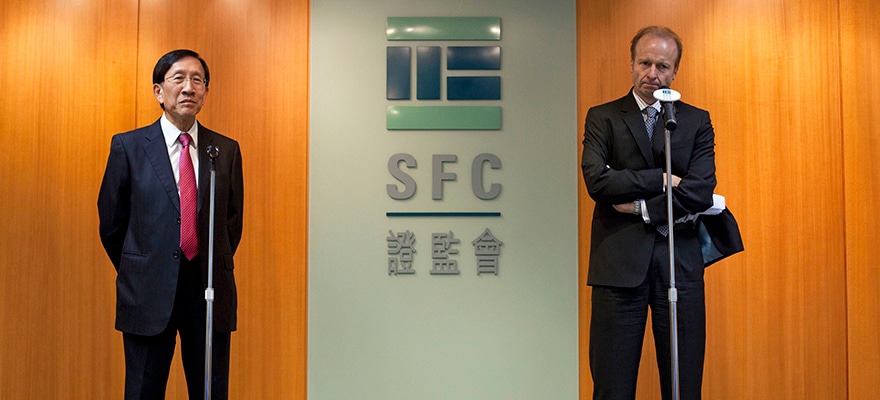Hong Kong's Securities and Futures Commission has issued further notices to local brokers, instructing them to freeze certain accounts as it suspects they were used for manipulating the shares of listed companies.
The latest regulatory crackdown targets 54 trading accounts held at 13 brokers, who were ordered not to deal or process any transactions in these accounts that allegedly participated in a rash of 'pump and dump' scams. The fraudulent scheme occurred between September and November 2020 and involved the shares of a company listed on The Stock Exchange of Hong Kong Limited.
Hong Kong regulations prohibit the distribution of false information with the aim of manipulating investors into buying or selling securities.
The financial watchdog has named the concerned brokers as Celestial Securities Limited, Central China International Securities Co., Limited, China Industrial Securities International Brokerage Limited, China Tonghai Securities Limited, Core Pacific – Yamaichi International (H.K.) Limited, KGI Asia Limited, Kingkey Securities Group Limited, Luk Fook Securities (HK) Limited, Monmonkey Group Securities Limited, Shanxi Securities International Limited, Zeus Securities Limited, Zhongtai International Securities Limited and Zinvest Global Limited.
The SFC restrictions specifically require these platforms to suspend all transaction types with concerned persons, including their money or securities withdrawal. Further, it prohibits them from “disposing of or dealing with, or assisting, counselling or procuring another person to dispose of or deal with, any assets in any way in the trading accounts up to a certain amount,” without the SFC’s prior consent.
The Profile of Financial Fraud Is Changing
While the HK watchdog did not identify who it suspects to have committed this market misconduct, it highlighted that it was not investigating the brokers in question.
The SFC said the profile of financial fraud is changing as more people are being targeted online, moving away from the traditional cold call. Fraudsters are now contacting people through a range of popular social media sites, such as Facebook, Instagram, WeChat, Whatsapp, Telegram and even online dating platforms.
While there are many variations of these tactics, the watchdog said that some promotions use purported research reports and predict specific target prices in a company’s stock. Sometimes, they have impersonated famous investment advisors and popular market commentators to draw victims into the scheme, the SFC said.
Moreover, the regulator urged investors to be vigilant when offered ‘inside information’ or investment tips online, particularly when strangers on social media promote small cap or less liquid stocks.

















